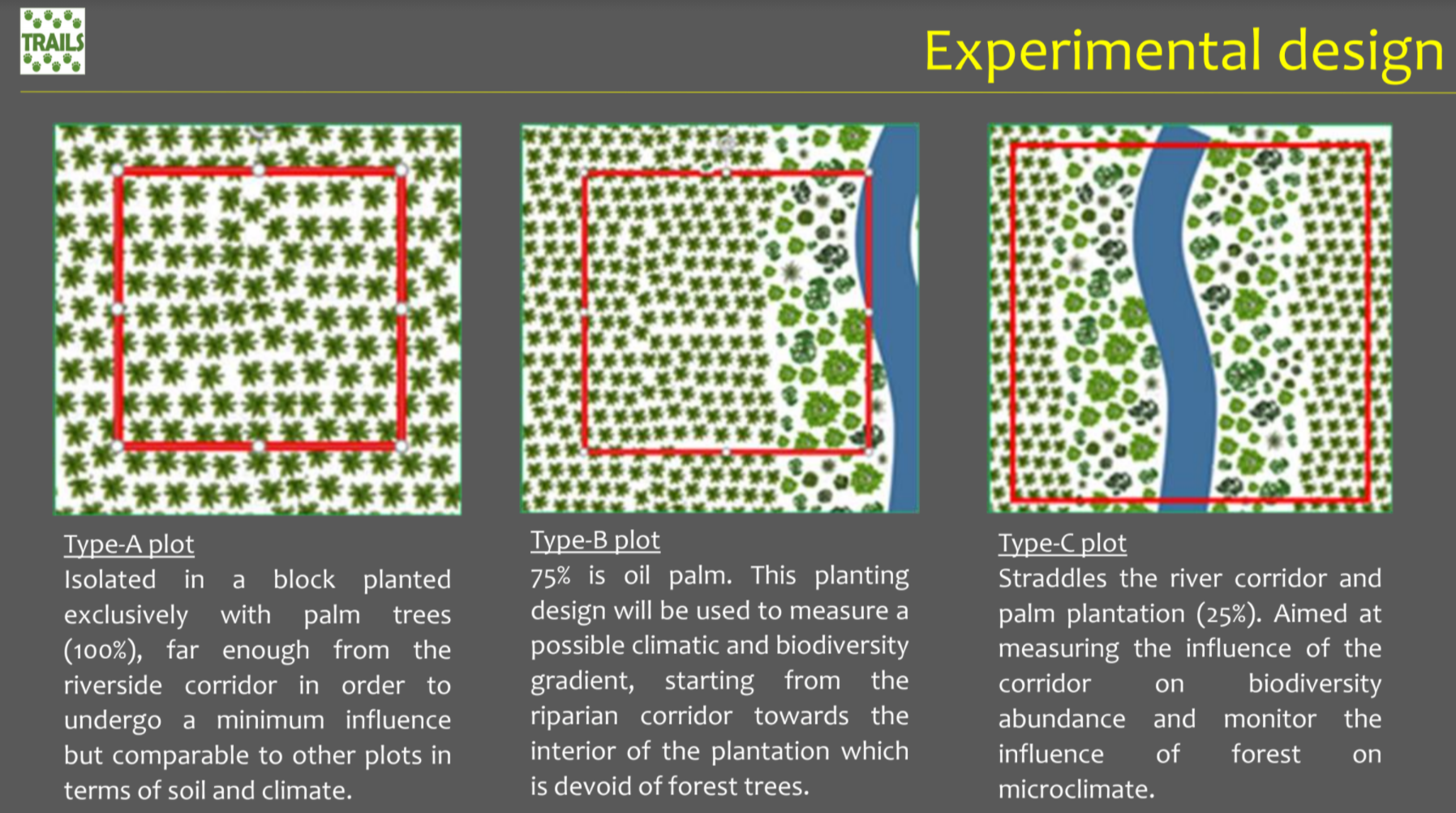Yesterday, the US CBP conducted a virtual workshop on forced labour facilitated by MPOC. The one hour-long workshop provided a useful guide as to how the agency generally enforces its anti-forced labour tools, as well as how it modifies and revokes imposed export bans.
There are primarily three types of forced labour enforcement tools the US CBP exercises: Withhold Release Order (WRO), findings, and penalties. Note the difference in standard of proof for each tool—“reasonable suspicion” has a much lower bar than “probably cause”, the latter requiring that the US CBP “conclusively demonstrate that the merchandise is prohibited” due to elements of forced labour along the relevant supply chain.
As of 8 June 2022, the US CBP reports on its website that Malaysia has six WROs and one finding.
According to the US CBP, its forced labour enforcement process comprises a nine-step process, initiated whenever it receives a tip, whether from “internal channels” or received from external sources, e.g. civil society, “tips from researchers”, about exported merchandise produced using forced labour.
Companies slapped with WROs and/or findings are allowed to submit requests for modifications to and/or revocations of their export bans. The US CBP uses on ILO indicators as a guide when considering these requests.
In response to a question posed about how companies could provide evidence that its goods were not produced using forced labour, it was emphasised that companies are strongly encouraged to hire a reliable, independent auditor as an assessor, although the US CBP quickly clarified that it does not and will not dictate any specific requirements of said auditor. Interestingly, one of the speakers had expressed bewilderment that one Malaysian company had opted to use its “internal auditors” to challenge its export ban and hoped that the US CBP’s later rejection of the aforementioned company’s report assessment assessment emphasises its insistence for an independent audit.
research@segi-enam.com | 9 Jun 2022
For online view only. Please do not redistribute without our express permission. We offer sponsor & subscription services for those who wish to do so.
Corporate Subscription offers more granular info-data details on product, trade and vessels mentioned in our reports.
Khor Reports’ PalmTrack is an independent research service that tracks palm tanker movements and reports trade of palm products (and shipments, upon request) for selected trade routes. It features a forward-looking market topic and sharp analysis every quarter, e.g. palm biofuels issues & opportunities for Jan–Mar 2022. Subscribe now!









